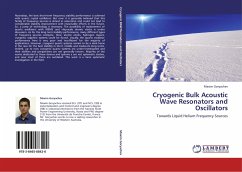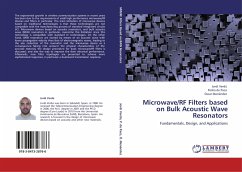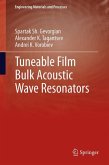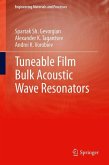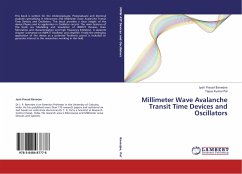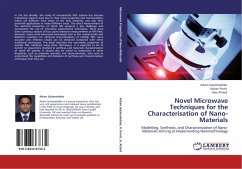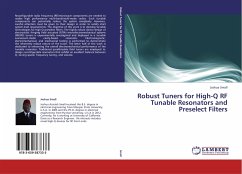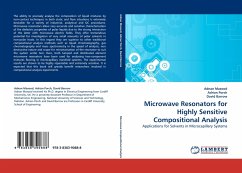Nowadays, the best short-term frequency stability performance is achieved with quartz crystal oscillators. But now it is generally believed that this family of frequency sources is almost in saturation and could not lead to considerable stability improvement with reasonable efforts in the future. So, a jump of technology is necessary. The possibility of replacement of quartz oscillators with MEMS and chip-scale atomic clocks is under discussion. As for the long term stability performance, many different types of frequency sources compete. Here, atomic clocks, hydrogen masers, cryogenic sapphire systems could be found. Usually, the quartz oscillator performance here is very poor and insufficient for the majority of applications. However, cryogenic quartz systems remain to be a dark horse in the race for the best stability in short, middle and moderate long terms. Indeed, up to now cryogenic quartz systems are under-investigated and their abilities and perspectives are not generally known. Majority of the works dedicated to these devices and systems a are not systematic studies, and now most of them are outdated. This work is a more systematic investigation in the field.

